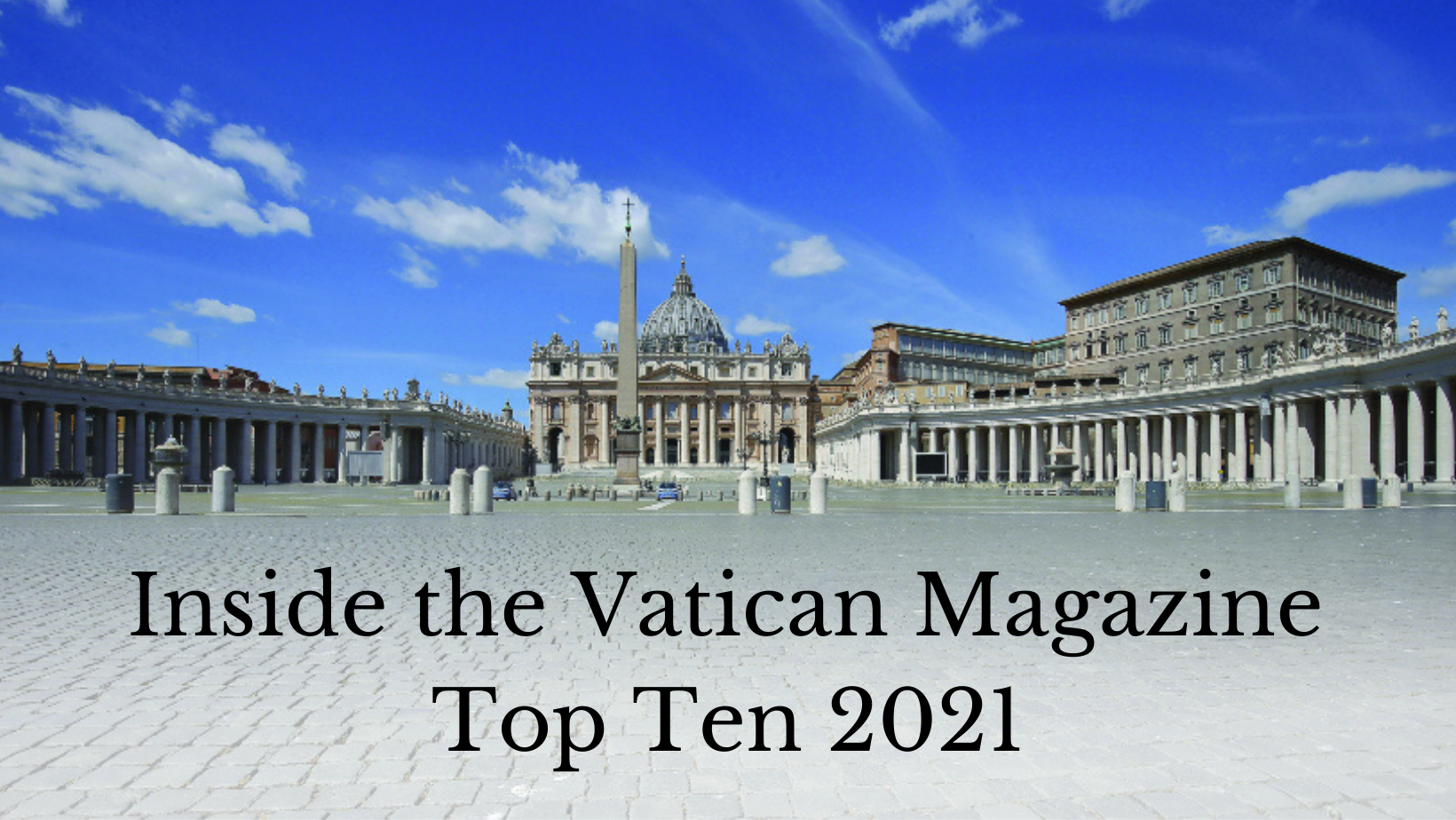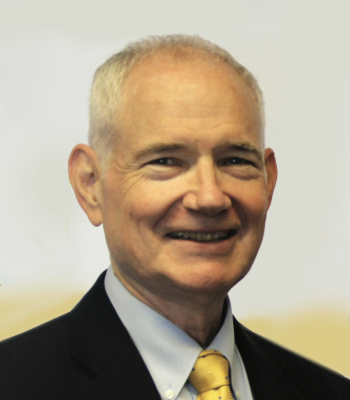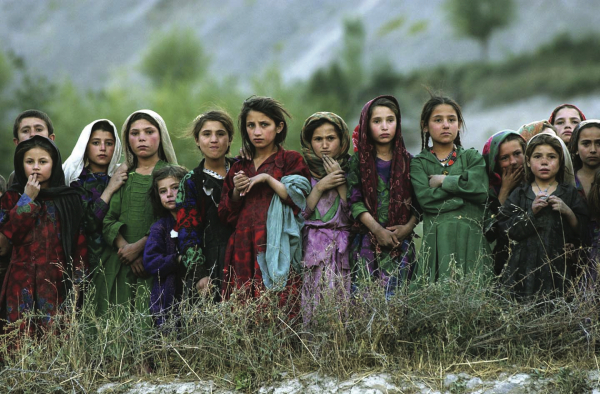
The world can be a dark place,
yet these are people who refuse
to let the darkness prevail
It’s been two years since Covid first came to international attention, and countless aspects of life have never been the same since. Yet, one thing that has remained constant is the determination of individuals to follow the Spirit’s call to transcend their own comfort, their own desires, their own interests, and brave sometimes severe difficulties in service to their brothers and sisters in the human family.
It is the call echoed by Pope Francis: “The gift of the Holy Spirit has been bestowed in abundance so that we may live lives of genuine faith and active charity.”
“Go out,” he says, “…become the Word in body as well as in spirit.”
And so we highlight here 10 people — admittedly, just a tiny few among the many, many faithful and selfless souls around the world — to underscore not only the need and the challenge of following the Gospel command to “love your neighbor,” but also to hold them up as a beacon of encouragement. We are all called to live lives of service and we all find it daunting at times; but the Lord sustains us and gives us hope.
These are men and women who bring us some of that hope. The world can be a dark place, yet these are people who refuse to let the darkness prevail. They are Inside the Vatican’s Top Ten of 2021.
 John Stinson
John Stinson
Keeping the flame alive in the Middle East
One man continues the struggle to help persecuted Christians in Afghanistan
On October 7, 2001, the United States government launched Operation Enduring Freedom, beginning airstrikes in Afghanistan in preparation for invasion and toppling of the Taliban regime. On March 20, 2003, U.S. forces launched Operation Iraqi Freedom, a surprise invasion of Iraq. On August 30, 2021, 20 years after 2001, the last U.S. military forces left Kabul, Afghanistan’s capital, 15 days after the Taliban retook most of it on August 15. U.S. forces are still present in Iraq.
Throughout these years of warfare and bloodshed, the small Christian communities in Iraq and Afghanistan, targeted by jihadists, insufficiently protected by U.S. and allied forces, and largely ignored by Western media, struggled for survival.
That Christian communities still exist in the Muslim-majority Middle East after nearly 1,400 years of intermittent persecution is a testament to their resilience and tenacity — but most of all, to their unshakeable faith. Here we highlight one man, John Stinson, as a nod to all those who have worked for the survival of Middle Eastern Christians and their communities.
On active duty in Baghdad’s Green Zone, Lt. Col. Stinson saw firsthand the chaos that the U.S. invasion wrought upon religious minorities in Iraq. Before the fall of Saddam Hussein’s regime, an estimated 1.5 million Christians lived in the country, many of them members of the Chaldean Catholic Church or the Assyrian Church of the East. These communities date back to the churches established in Mesopotamia in the first century by the Apostles Thomas and Thaddeus, and their disciples Addai and Mari; their Eastern Aramaic language is closely related to the one that Christ himself spoke. In the years following 2003, however, Iraqi Christians could no longer rely on the protection of Hussein’s ruling Baath Party, and they were increasingly attacked by Islamist militias.
Stinson helped some Iraqi Christian families re-establish themselves in the United States, but the situation went from bad to worse with the appearance of the jihadist Islamic State (ISIS). In early 2014, ISIS overran large areas of northern Iraq and Syria, including the cities of Mosul and Tikrit, home to tens of thousands of Christians. The scope of the resulting ethnic cleansing and genocide is still unclear, but several recent studies estimate the Christian population in Iraq at less than 200,000 — nearly a 90% reduction since the U.S. invasion. The Archbishop of Irbil, in northern Iraq, spoke in 2019 of a “final, existential struggle” between jihadists and Iraqi Christians.

Following his retirement, Stinson worked as a liaison to the State Department in Afghanistan, coordinating joint operations between the U.S. diplomatic service and the military. During the hurried evacuation of U.S. forces from Afghanistan in July and August of 2021, he was focused on “making sure all of my people were able to get to safety.” He worked around the clock, making calls and checking flight lists.
But once again, he could only stand by and watch as communication broke down over the last several days and thousands of at-risk people were left to their fate.
“I had a plane waiting on the tarmac with 200 people,” he told Inside the Vatican. “I put in a call to the people who were supposed to clear the flight path with the governments of the other countries [that the plane would be flying over]. And they wouldn’t give me the clearance.”
Christians in Afghanistan, long persecuted, are now going back underground. In 2019, a few courageous Christians had professed their faith publicly on their national identity cards. Now, the Taliban are using these names to identify and target the entire Christian community, thought to number between 10,000 and 20,000.
Stinson is still in touch with some of them and, following his resignation in protest from his official post, continues trying to find ways to help them.
Despite the colossal failures of U.S. policy in Iraq and Afghanistan, the accounts of men like Stinson give hope that there are still men and women of good will on the front lines of the struggle to save those of Christ’s flock under direct attack. And if enough people begin, first to pay attention and then to act, perhaps not all is yet lost for Christians in the Middle East.






Facebook Comments